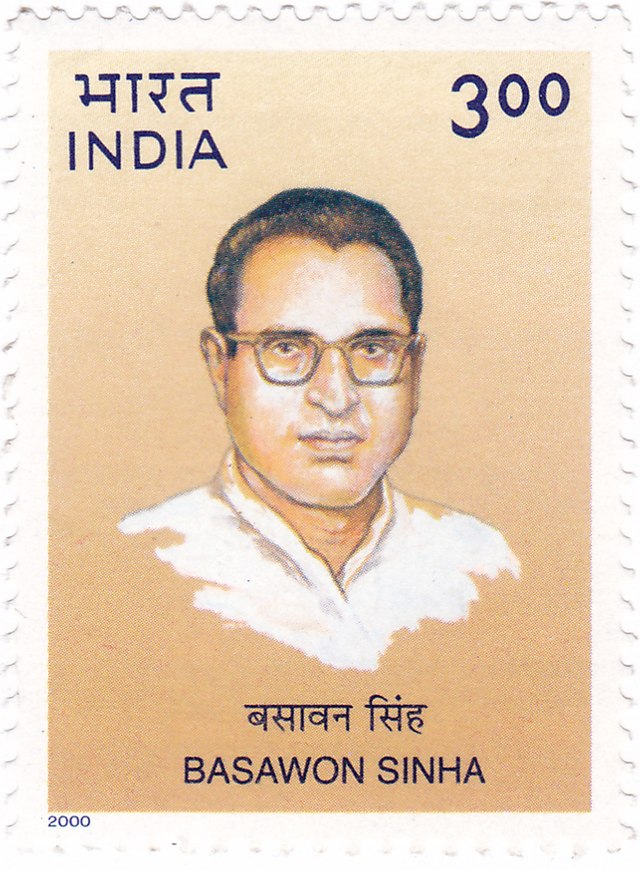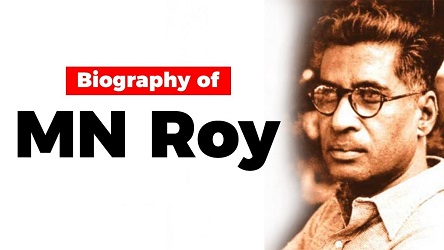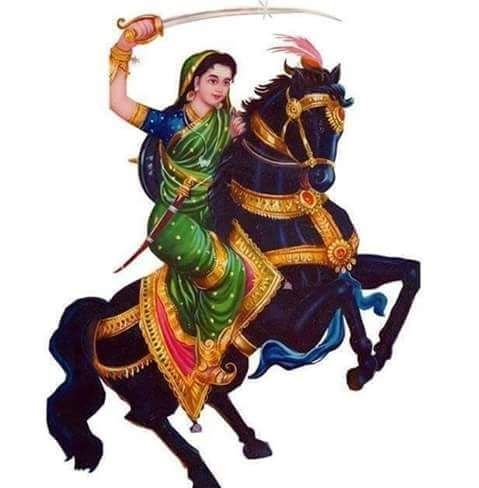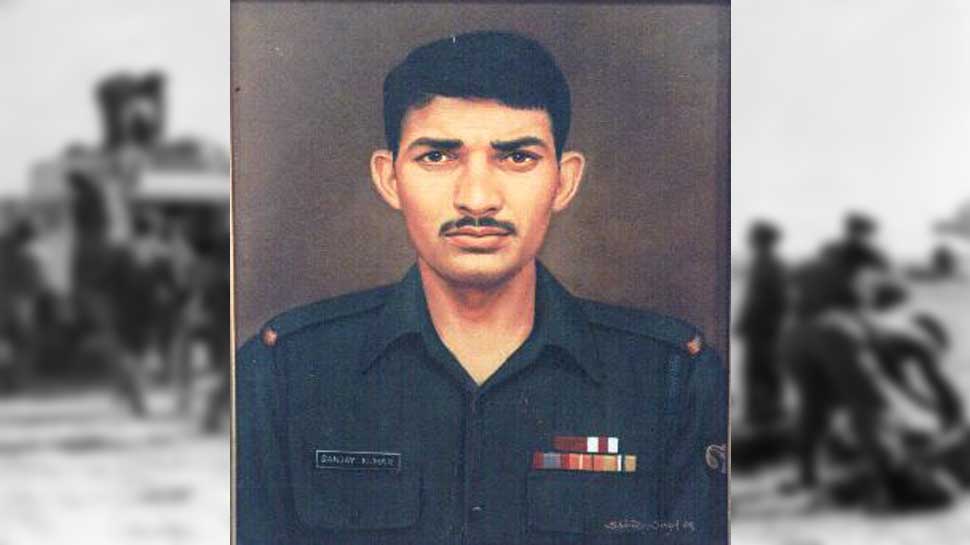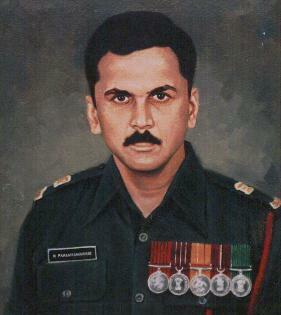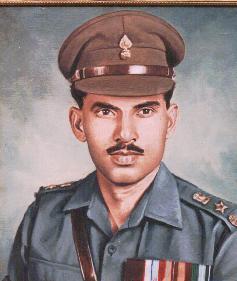Baswan Singh is a name that resonates with historical significance, particularly in the context of India’s struggle for independence. Born in a small village in Punjab, Baswan Singh emerged as a prominent figure during the early 20th century, contributing significantly to the freedom movement against British colonial rule. His life, marked by courage, resilience, and unwavering commitment to the cause of independence, serves as an inspiration for generations to come.
Early Life and Background:
Baswan Singh was born into humble beginnings in a rural village in Punjab in the late 19th century. His upbringing was typical of the time, characterized by the daily struggles of agrarian life and the societal constraints of colonial rule. However, even from a young age, Baswan displayed an innate sense of curiosity and a thirst for knowledge that would shape his future endeavors.
Education played a pivotal role in Baswan Singh’s life, providing him with the tools to challenge the oppressive colonial regime. Despite limited resources and access to formal schooling, Baswan exhibited remarkable intelligence and determination, excelling in his studies through self-discipline and perseverance. His academic achievements not only garnered recognition within his community but also fueled his desire to contribute to the larger socio-political landscape of colonial India.
Involvement in the Freedom Movement:
The early decades of the 20th century were marked by fervent nationalism and calls for independence across India. Baswan Singh, deeply influenced by the ideals of freedom and justice, actively participated in various facets of the freedom movement. His involvement ranged from grassroots activism to leadership roles within nationalist organizations, earning him a reputation as a dedicated and principled advocate for India’s liberation.
One of Baswan Singh’s most notable contributions to the freedom movement was his role in organizing protests and demonstrations against British colonial policies. He mobilized local communities, galvanizing support for the cause through impassioned speeches and grassroots organizing. Baswan’s ability to connect with people from diverse backgrounds and inspire collective action was instrumental in building momentum for the independence movement in Punjab and beyond.
Furthermore, Baswan Singh played a key role in fostering unity among different factions within the nationalist movement. He recognized the importance of solidarity and cooperation among various groups, transcending differences of caste, religion, and ideology for the greater goal of liberation. His efforts to bridge divides and forge alliances contributed to the strength and resilience of the freedom struggle, paving the way for greater unity and cohesion among India’s diverse population.
Imprisonment and Sacrifice:
The path to freedom was fraught with challenges and sacrifices, and Baswan Singh experienced firsthand the harsh realities of British colonial repression. His unwavering commitment to the cause of independence made him a target of the colonial authorities, who viewed him as a threat to their rule. Baswan faced multiple arrests and incarcerations, enduring periods of imprisonment and torture for his activism.
Despite the physical and emotional toll of imprisonment, Baswan Singh remained steadfast in his convictions, refusing to be silenced or deterred by the tactics of the colonial regime. His resilience in the face of adversity served as a source of inspiration for his fellow activists, instilling hope and courage in the darkest of times. Baswan’s willingness to endure personal hardship for the greater good of the nation exemplified the spirit of sacrifice that defined the freedom movement.
Legacy and Impact:
Baswan Singh’s legacy extends far beyond his lifetime, leaving an indelible mark on India’s journey to independence. His contributions to the freedom movement continue to inspire successive generations of Indians, reminding them of the power of courage, resilience, and collective action in the face of oppression.
Moreover, Baswan Singh’s emphasis on unity and inclusivity remains relevant in contemporary India, where diversity is both a source of strength and a challenge. His example serves as a reminder of the importance of solidarity across lines of difference, fostering understanding and cooperation in pursuit of a more just and equitable society.
In conclusion, Baswan Singh’s life exemplifies the transformative power of individual agency and collective action in the pursuit of justice and freedom. His courage, resilience, and unwavering commitment to the cause of independence continue to inspire people around the world, serving as a testament to the enduring legacy of India’s freedom struggle. As we reflect on his life and contributions, let us honor his memory by continuing the fight for a more just and equitable world.

